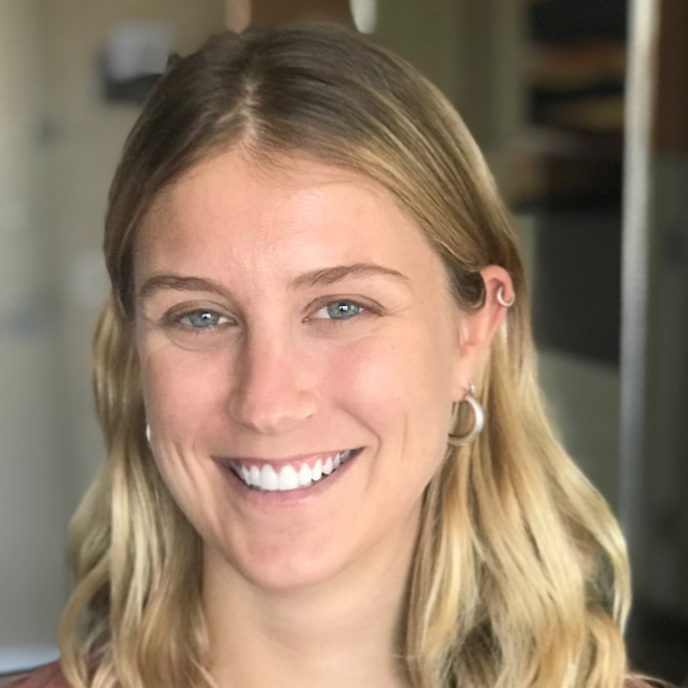NACAS Releases 2022 Student Success Report
Students Surveyed Define Success, Experience Differently During COVID-19 Pandemic
Over the past two years, the student experience has been interrupted. As campus leaders and business partner operators, NACAS members felt this deeply. The first-year student class of 2025 at many institutions did not experience the total value of many of the services we offer, even as digital accessibility increased. The scaling back of operations due to lower student populations, staffing and supply chain shortages, or a combination of all of these significantly reduced auxiliary student interaction across our membership.
NACAS began measuring how students defined success in 2017. Our findings from 2017 and 2018 are available fully to members, with snapshots available to the general public. In 2020, Chief Learning Officer Donna-Jo Pepito made the decision to combine Student Success Survey results from 2019 through 2021 in order to highlight the changes in how students define success and what is important to them over the course of the pandemic. Of note, survey data are collected in December, so 2019 results are prior to any pandemic effects.
Definition of Success
- Only in 2020 did students define success more by academic achievement and GPA. In all other years of NACAS Research studies, students defined success more by personal holistic traits.
- In 2021, students who selected happiness and fulfillment as the most important definition of success increased by 13% from 2020.
Non-academic Importance
- Sixty-six percent of students listed the non-academic portion of college or university experience as very important in 2019. In 2020, that dropped to 58%, and an additional 3 points to 55% in 2021.
Critical Factors to Achieving Success
- When listing staff most critical to achieving success, non-academic personnel (auxiliary services) dropped from number 4 in 2019 and 2020 to number 8 in 2021.
Biggest Interferences to Success, Ranked
- Challenges and rigors of the academic workload
- Feeling prepared for the workforce after college/university
- Affordability of courses and academic materials
- Personal circumstances
It is a critical time for auxiliary professionals to reposition their value proposition to students and adapt to the preferences and insights of their populations. While the value perception of non-academic services and staff has declined over the pandemic, these perceptions were likely shaped by the lack of interaction these students had with said services during such a disruptive time. The data continues to indicate that students want their success centered on wellness, community, and happiness and we see so many opportunities for auxiliaries to shape these experiences.
The 2022 NACAS Research Student Success Report in partnership with Riddle & Bloom
We recently collaborated with Inside Higher Ed on an article for Student Voice (insidehighered.com). A standout in their data is that students report that they do not expect or need in-person staff, as they prefer not to wait on hold or in line for a person. As long as digital alternatives are available, students utilize them.
If you’re interested in what students want in regard to campus dining, the Sodexo Campus Student Lifestyle Survey has information on this and more. How students define social success, how these things relate to stress and anxiety, and what those have to do with the dining hall are topics in their report.
